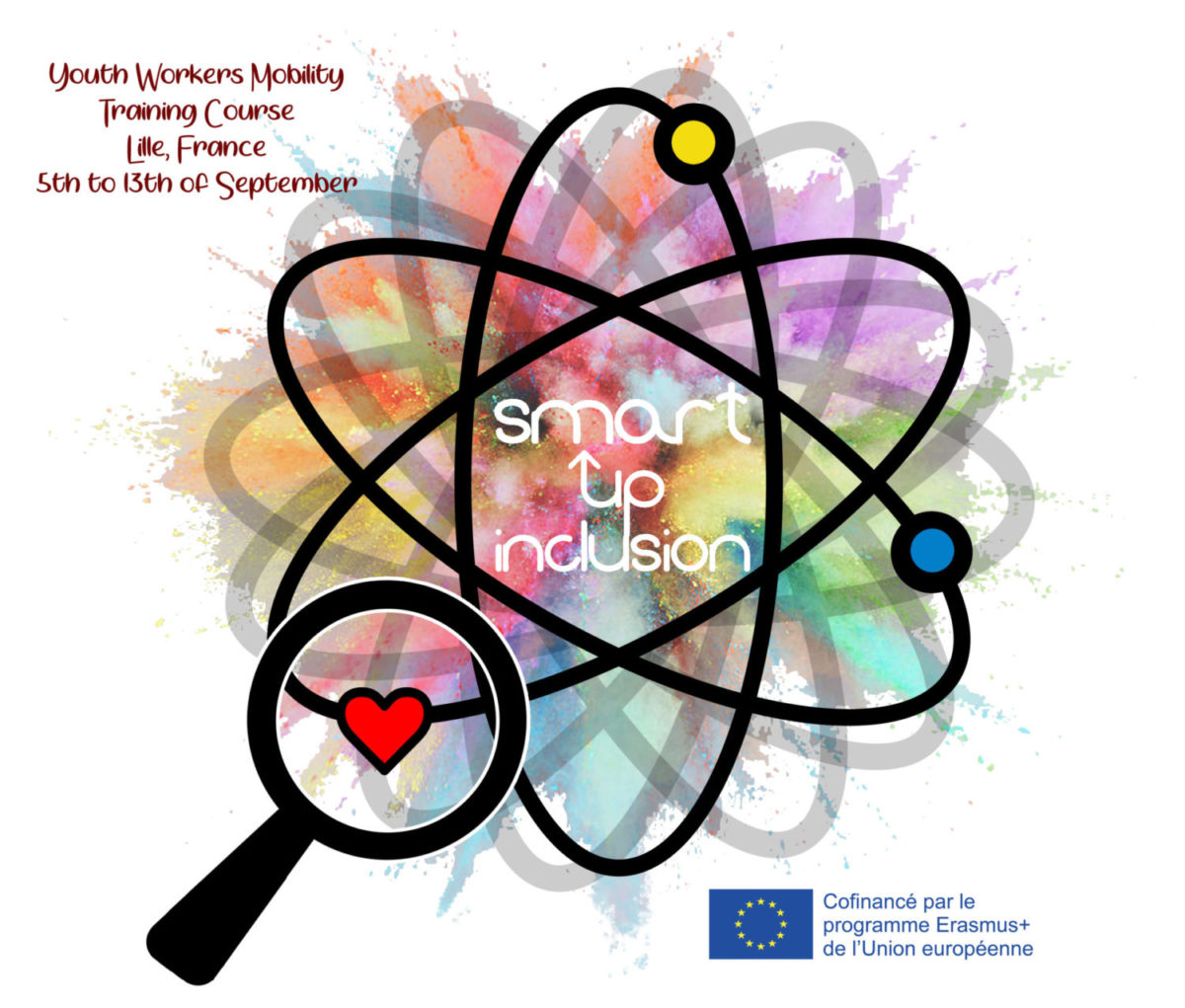After implementing the Smart Up training course, we will publish some articles to showcase some of the work done in the project. Also, we are starting a series of articles related to the inclusion of young people. We are detailing on fewer opportunities youngsters. Why is it important to include these youngsters in projects?
What is an inclusion project?
Any project that includes young people with fewer opportunities can be considered an inclusion project. Even so, there are several levels of participation of disadvantaged youth in projects. For example disadvantaged youth can be actively involved in the project team. In this case they will be the ones actually implementing the project. Or they can be the participants of the project. They can also be a target group of a project – the ones will benefit from the project activities, but will only be passively involved.
Our Smart Up Inclusion project had young people with fewer opportunities also as participants (some of the youth workers that participated where in this category) and as well as main target group.
The role of youth workers
The youth worker – is the main actor that can facilitate the learning and inclusion process of the young people. The youth workers are those persons that work with and for young people using non-formal education. Youth workers can perform different roles in a youth project or in general: trainer, facilitator, leader, coach, counsellor etc.
The youth workers must build a trust relation with young people thus stimulating them to become active in their community, improve their life conditions and wellbeing and extend their opportunities. During the training course we implemented, the learning experiences were built in order to meet this role of youth workers.
Youth workers and learning experiences for youth
The youth workers must ensure that young people, no matter the disadvantage they are facing, go out of their comfort zone and step into the learning zone. In the learning zone they will try new experiences to extent the borders of their knowledge, they will increase their personal abilities.
The youth workers must ensure that young people do not enter the panic zone during these learning experiences.
The participants of our training have reflected on what are the key competences a youth worker should have to support learning experiences for youth. In the next steps, they have assessed their own competences and decided where they wish to develop. The exercise was interesting and offered food for thought.
Smart Up Inclusion is a Mobility of Youth Workers – Training Course funded by the European Commission – Erasmus+ Programme. The project is coordinated by Sunrise Project – France organisation.



Recent Comments